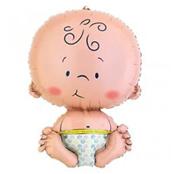 Sometimes in interview work there will be a desire to find out about how and why people make decisions. This can be done in lots of ways – for example, using discrete choice experiments, scenarios/vignettes, multiple choice questions, or card sorting exercises.
Sometimes in interview work there will be a desire to find out about how and why people make decisions. This can be done in lots of ways – for example, using discrete choice experiments, scenarios/vignettes, multiple choice questions, or card sorting exercises.
Card sorting is a way of thinking about how things can be ranked, grouped, compared or the like. To take an example, in a group looking at how it might be good to engage men in healthy activities, small groups were given a pack of cards with different activities on them (ballet, football, badminton, egg whisking ..) and asked to rank them as best to worst by laying out on a table. They were asked to talk out loud to describe why they were suggesting the placements, and these conversations recorded.
The ‘data’ from this part of the interview wasn’t really the end placement of the cards. This was interesting, but the real meat was in the tape – what was it folk were debating as key? What did they trade off? Why were some things ‘better’ and what did ‘better’ mean?
Actions can sometimes speak louder than words, but often, actions encourage words and when we’re looking for more than numbers, words can be very important.
- Bob Phillips
* Does the >n work as an identifier of a short ‘more than numbers’ blog, analogous to the ‘statsminiblog’ series? No. Ah. OK then. Suggestions?